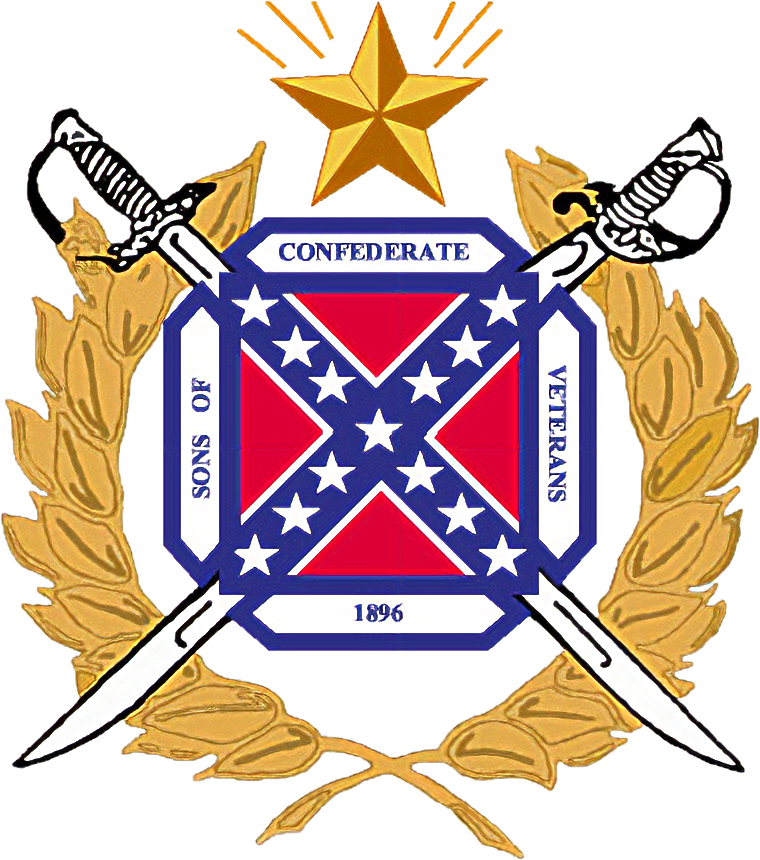Two proposed resolutions in the Texas Legislature have brought renewed attention to a long-standing state holiday, prompting discussions on how Texans should commemorate their Civil War heritage. The measures, introduced just before the close of 2024, seek to eliminate Confederate Heroes Day and replace it with a new observance called “Confederate Freedom Day.”
House Concurrent Resolution No. 36 was filed on December 20, followed by H.C.R. No. 38 on December 23. Both propose the same essential change: removing a holiday that honors notable Confederate figures, including President Jefferson Davis and General Robert E. Lee, and designating January 19—currently Confederate Heroes Day—as a day focused on emancipation from slavery.
The text of each resolution references June 19, 1865, when Union Major General Gordon Granger arrived in Galveston to enforce President Abraham Lincoln’s Emancipation Proclamation. Although Juneteenth, celebrating that event, is already recognized in Texas and nationwide, the resolutions argue that revising the January 19 holiday would further highlight the state’s commitment to liberty and equality.
“This legislation does not aim to erase history,” said a spokesperson for the resolutions’ authors in a brief statement released earlier this week. “Rather, it re-centers our collective memory on the important fact that freedom ultimately prevailed over the institution of slavery. We believe it sends a strong message against the lingering vestiges of racist ideologies.”
Confederate Heroes Day dates back to 1973, when the Texas Legislature consolidated separate commemorations for Robert E. Lee (born January 19) and Jefferson Davis. Since then, January 19 has been officially dedicated to honoring soldiers who served in the Confederacy, many of whom, supporters say, fought for reasons including state loyalty and the defense of their communities.
Groups such as SCVTexas.org, whose mission statement is “to honor our Confederate ancestors who fought to defend their homes and families during the great conflict that has become known as ‘The American Civil War,’” strongly oppose the proposed change. In emails to members, SCVTexas.org has warned that removing Confederate Heroes Day “threatens to overshadow the sacrifices and stories passed down through generations of Texans.”
Critics of Confederate Heroes Day, however, contend that the holiday glorifies individuals who fought on behalf of a government dedicated to preserving slavery. They argue that modern Texas should not endorse—nor appear to endorse—any cause that might be interpreted as celebrating oppression.
A passage from H.C.R. No. 36 describes the primary motivation behind the rename: “Eliminating Confederate Heroes Day and creating Confederate Freedom Day would symbolize the state’s commitment to the values of liberty and equality, and the new holiday would help to unite Texans in the fight against institutional racism and discrimination.”
Lawmakers behind the resolutions appear aware that this proposal could spark a heated debate in the legislature. Historically, similar efforts in other Southern states have led to emotionally charged hearings, with citizens on all sides testifying to the significance of Confederate heritage or calling for an end to state-sponsored recognitions linked to a slaveholding past.
In Texas, public hearings for H.C.R. No. 36 and H.C.R. No. 38 are expected to draw strong turnouts. “We want our voices heard,” said one self-described Confederate descendant outside the Capitol. “Our ancestors suffered the hardships of war, truly believing they were defending their families. Many never returned home. For us, January 19 isn’t about supporting slavery—it’s about memorializing their struggle.”
Others, who favor replacing the holiday, point to the fact that the Civil War’s root cause was indisputably tied to slavery, and say that remembering those who fought to preserve it sends a harmful message today. “Let’s not sugarcoat the past,” said a local civil rights advocate. “Keeping Confederate Heroes Day on the state books can come across as endorsing the Confederacy’s principles. If we want to teach history, we can do so without officially honoring those who sought to perpetuate bondage.”
Confederate Heroes Day itself often passes with modest ceremonies at cemeteries or monuments, drawing fewer crowds than other public holidays. Yet it remains an official state holiday, meaning Texas government offices typically mark January 19 with limited closures or alternative schedules. Renaming it as Confederate Freedom Day would retain the same date but alter its focus—something supporters claim is more inclusive and better aligned with current values.
“If you look at the wording of H.C.R. No. 38,” noted a local historian who has studied the bills, “it specifically connects emancipation with the values Texans supposedly cherish: freedom and equality for all. Obviously, these are ideals that were not realized in 1861, or even in 1865, but symbolically, shifting the holiday to underscore emancipation could help shape public consciousness.”
Still, heritage organizations worry such a move would risk erasing a distinct narrative about the Civil War. They point to the fact that many Confederate soldiers did not own enslaved people, and some felt they were primarily defending their states’ sovereignty. While historians largely agree slavery was central to the Confederacy, the motives of individual soldiers, they argue, could be far more varied.
According to legislative records, if either resolution gains enough support in committee, it could move to the full House for a vote. From there, the process would repeat in the Senate, culminating in a final decision by the 89th Legislature. Governor [Name] has not yet indicated a position on the resolutions, but observers say the conversation could become a bellwether for how Texas balances Civil War history with contemporary calls for social justice.
For now, the spotlight falls on the upcoming legislative hearings, where individuals will likely recount family stories, cite historical documents, and debate the moral implications of state-sanctioned holidays. Some will argue that Confederate Heroes Day should continue, preserving what they see as a day of quiet reflection. Others will call for an end to a commemoration that, they say, no longer represents the direction Texas ought to take.
Whether January 19 ultimately remains Confederate Heroes Day or becomes Confederate Freedom Day will be decided in the weeks or months to come. The conversation itself reflects an ongoing national dialogue about how a country—and a state as historically independent as Texas—chooses to remember its past while shaping its future.

